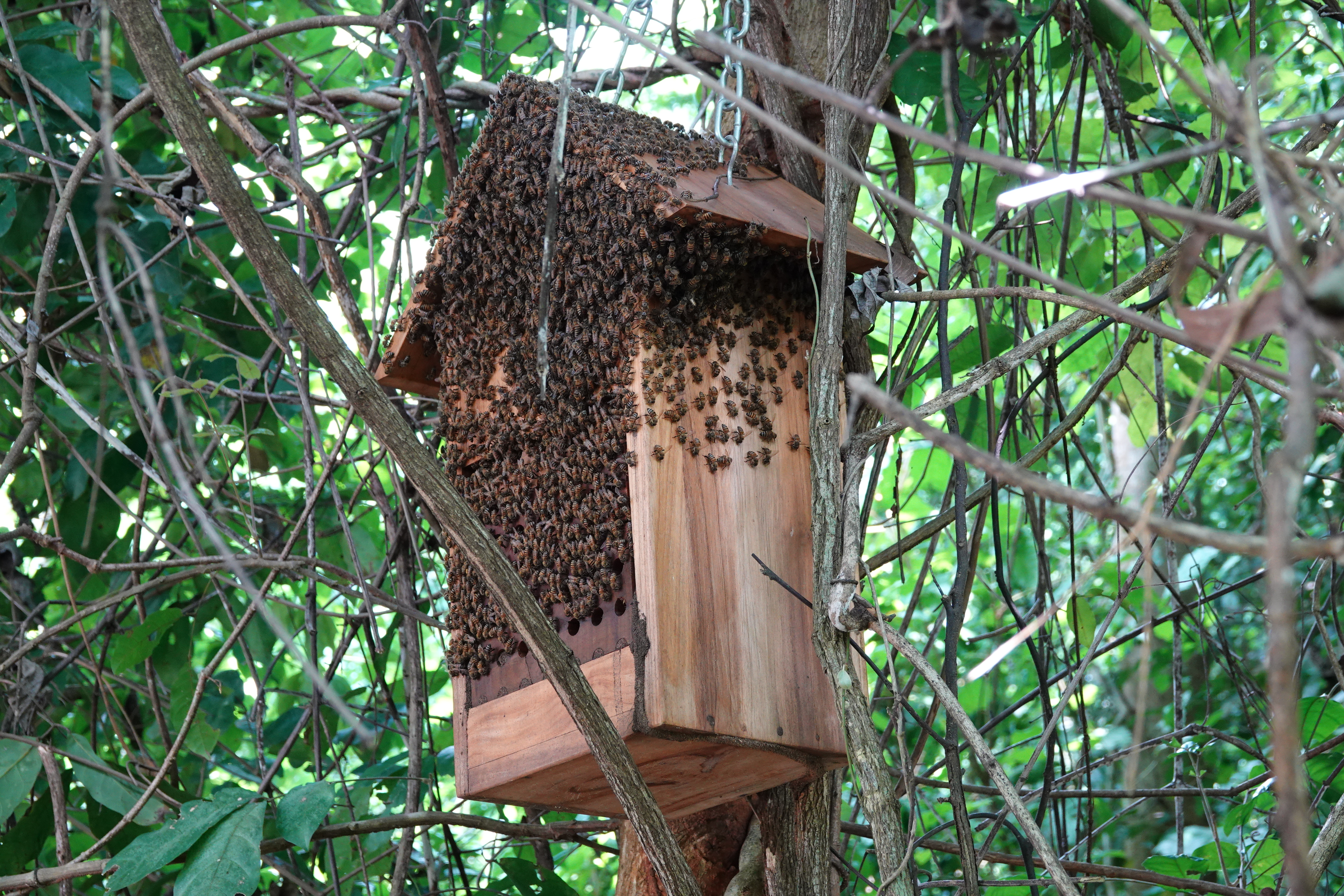
Towards an African civil society that promotes Nature-based Solutions : feedback from a sharing workshop in Benin !
Publié le 12 October 2023How can the international concept of “Nature-based Solutions” (NbS) be integrated into the setting up of biodiversity conservation projects in African contexts ? For the past years, the IUCN French Committee has been providing specific support for these reflections through its Programme de Petites Initiatives (PPI), which aims to support the emergence of African civil society committed to biodiversity conservation. After launching a call for proposals in February 2022, thanks to the funding of the EDF Group Foundation, to support two Nature-based Solutions projects in Senegal and Benin, the PPI has joined forces with the Ecosystems programme of the IUCN French Committee (IUCN FC) and the NbS-funded NGO Centre d’Actions pour l’Environnement et le Développement Durable (ACED) to jointly organise a workshop on 19 and 20 July 2023. This was a real opportunity for IUCN FC and ACED to share their mutual expertise in this area.
NbS to meet environmental and social challenges in Africa
A concept adopted in 2016 by the International Union for Conservation of Nature (IUCN), NbS refers to actions aimed at protecting, sustainably managing and restoring natural or modified ecosystems to directly address societal challenges in an effective and adaptive way, while ensuring human well-being and producing benefits for biodiversity. However, not all actions described as “SfN” provide the anticipated benefits for both society and biodiversity, and the global potential of NbS is far from being fully exploited.
This is particularly the case in sub-Saharan Africa, where more and more donors are taking an interest in integrating NbS into development projects, in line with the new IUCN Global Standard. Launched in 2020, this standard is intended to provide users with a rigorous framework for designing SfNs and enabling them to check that they produce the desired effects by responding to one or more societal issues.
In this context, and with the support of the EDF Group Foundation, the PPI launched a specific call for proposals in February 2022, which enabled the funding of projects by two of the PPI’s long-standing partner associations in West Africa: the Senegalese NGO of the Kalissaye Ornithological Reserve (ROK) with a project on “Management of the Mangrove Forests of Kalissaye for food security and preservation of ecological balances” and the Beninese NGO ACED with a project on “Renaturation of the city of Abomey-Calavi: towards a nourishing and biodiverse city”. With this call for projects, one observation was made: the concept of SfN remains fairly vague for many local CSOs, and the global standard is little known.
So, with a view to helping African civil society gain a firmer foothold in this innovative and transformative field, the PPI joined forces with the Ecosystems programme of the IUCN FC and the Beninese NGO ACED to organise a workshop on SfN in Benin, with the support of the EDF Group Foundation, with the ultimate aim of supporting CSOs in setting up projects and seeking funding in this field.
A co-designed, participatory capacity-building workshop for civil society on NbS
Targeting Beninese CSOs working on development and biodiversity conservation issues, the SfN workshop was held over two days on 19 and 20 July in Abomey Calavi, Benin, on the premises of the NGO ACED. Some twenty NGOs were present, including Benin’s historical partners, new PPI beneficiary partners and IUCN Benin members, as well as three historical regional partners interested in NbS issues, such as BISSAKOUPOU and AGEREF/CL based in Burkina Faso, and the Senegalese NGO ROK, recipient of NbS PPI funding.
Led by Rodrigue Castro Gbedomon, Director of Research and Learning at ACED, Nicolas Rodrigues, NbS Project Officer at the IUCN French Committee and Damien Martin, PPI NGO capacity building coordinator for West Africa, this participative training course, both theoretical and practical, was based on a co-learning approach to facilitate the participation of CSOs and provide a better understanding of the global standard through concrete examples taken from PPI projects.
Whether they are specialists in urban renaturation, forest management, savannah areas or West African coastal management, the participating NGOs were each able to mobilise their expertise to develop constructive exchanges around the application of NbS in setting up biodiversity conservation projects in West Africa.
By combining theory, field visits, practical exercises, oral presentations, ice-breaker games and evaluation quizzes, the training took place in a truly collaborative atmosphere, enabling the participating CSOs to understand all the criteria in relation to their own projects.
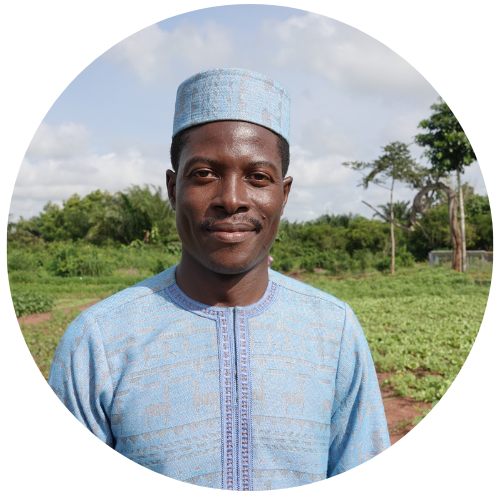
“We’re in a learning process, so belonging to the PPI CSOs network allows us to learn from their experiences, identify shortcomings and avoid repeating the same mistakes. If each organisation develops actions both individually and collectively, then we will be able to have an impact and show that SfN offers solutions.” Laurenda Todome – Operations director at ACED
In addition to improving understanding of the concept and networking, the workshop also provided an opportunity to present to the participating CSOs the challenges of future international funding opportunities for NbS in the sub-region. For example, the World Bank has committed nearly 5.5 billion dollars to finance NbS-related projects between 2012 and 2021, mainly in Africa. [1]
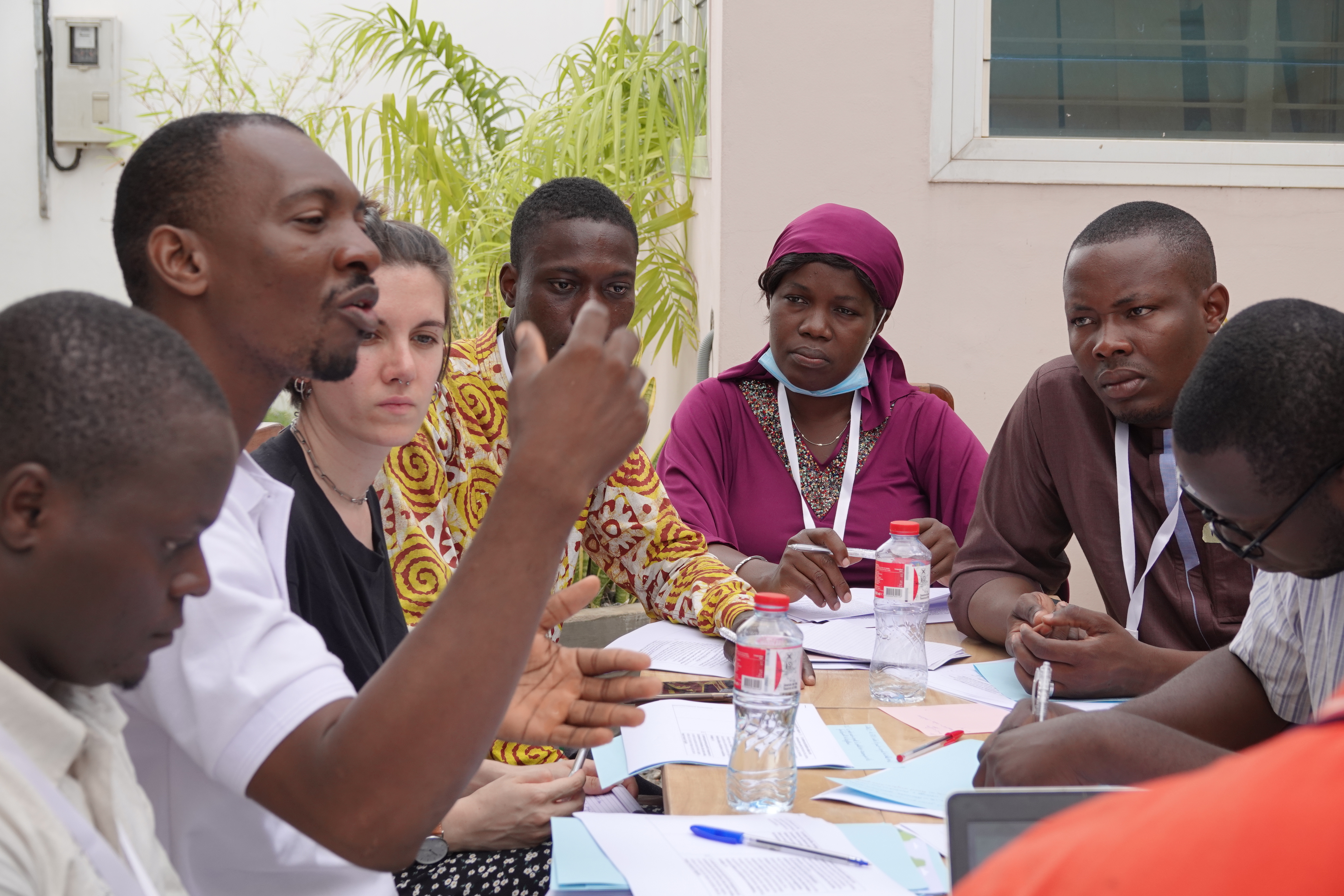
The NbS Standard, a strategic tool for improved cross-functionality in biodiversity conservation projects in West Africa
In West Africa, the cultural context appears rather favourable to the dissemination of NbS. Faced with the challenges of poverty and climate vulnerability in West Africa, NbS seem all the more appropriate as they aim for an integrated approach that makes it possible to reconcile climate resilience, conservation and human development, by bringing together a plurality of stakeholders with divergent and often conflicting interests.
Although the concept is now well understood and is increasingly penetrating the spheres of national practitioners, politicians and researchers, knowledge of NbS in the sub-region is still, on the whole, rather sketchy[2]. There is therefore a real need for dissemination and training to ensure operational mastery of the concept. This is why a replica of the workshop could be envisaged and extended to the research and political communities.
On the other hand, adapting the Standard, as an international reference model, to local realities seems to be another major challenge for CSOs who would like to see their issues better integrated.
“NbS will make it possible to resolve a number of important cross-cutting issues in our region, such as access to water, food security and climate change. However, how should NbS be viewed in relation to the security challenge? In Burkina Faso, protected areas are used by terrorist groups as both refuge and attack sites. The security challenge should therefore be taken into account to a greater extent in the NbS Standard if we are to be able to assess projects in our contexts. But if the tool is to evolve, then I think it’s up to us to take the lead and innovate to adapt it to our needs.” Mamadou Karama – Executive Director of AGEREF C/L in Burkina Faso
While NbS are not necessarily intended to respond to all the issues facing companies, it would be interesting to explore further ways of bringing NbS and the Sustainable Development Goals (SDGs) closer together. Obtaining recommendations for the re-evaluation of the NbS Standard based on feedback from the PPI CSOs present at the training course could be a step in this direction, to be followed up in the coming months.
Watch the video of the NbS worshop in Benin
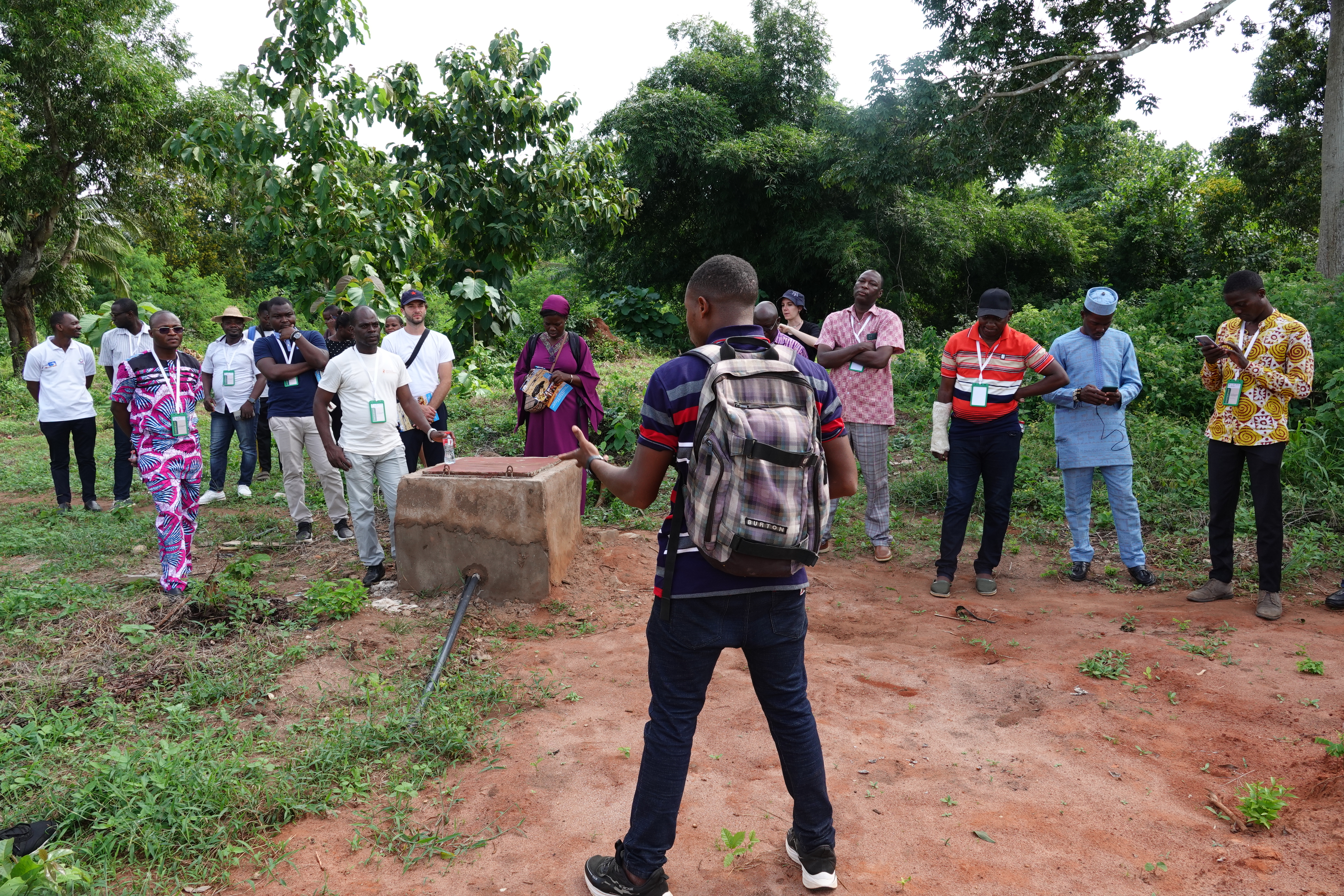
[1] Résilience climatique : les solutions fondées sur la nature montent en puissance à la Banque mondiale (worldbank.org)
[2] According to a survey carried out by the NGO ACED in 8 West African countries in 2022
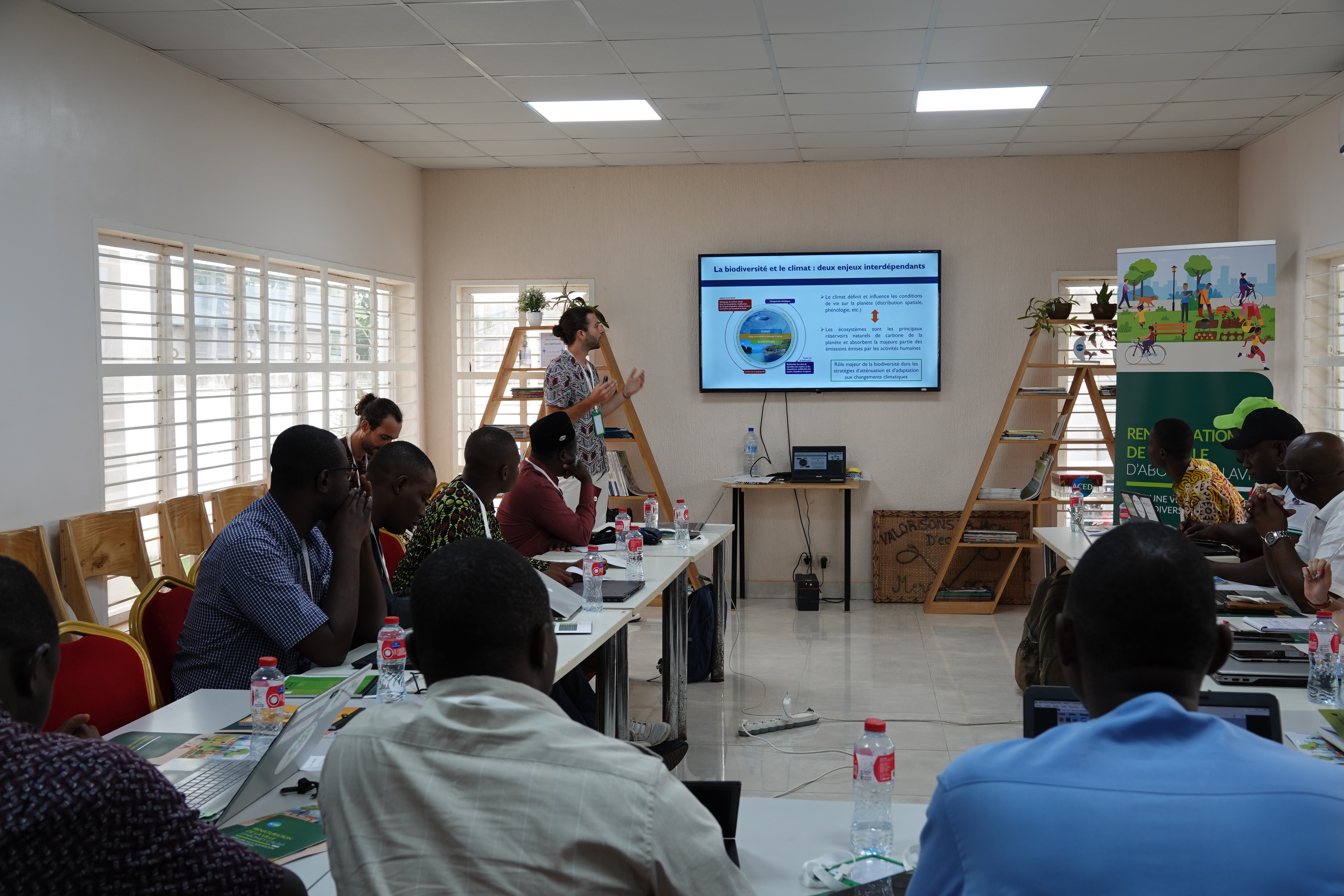
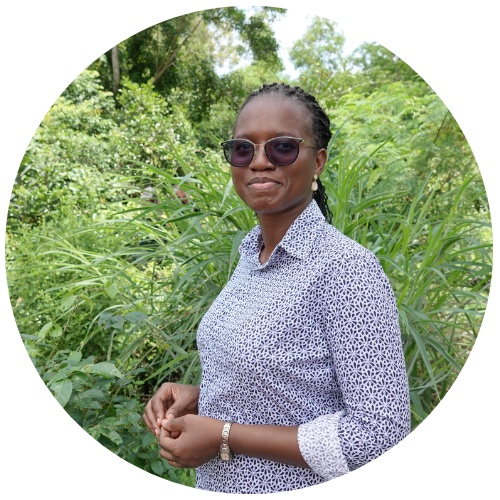
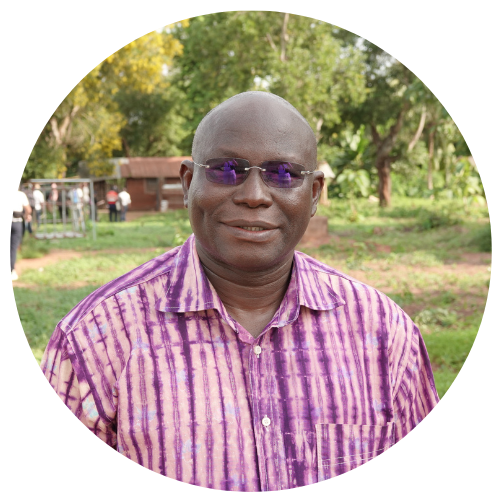 “NbS will make it possible to resolve a number of important cross-cutting issues in our region, such as access to water, food security and climate change. However, how should NbS be viewed in relation to the security challenge? In Burkina Faso, protected areas are used by terrorist groups as both refuge and attack sites. The security challenge should therefore be taken into account to a greater extent in the NbS Standard if we are to be able to assess projects in our contexts. But if the tool is to evolve, then I think it’s up to us to take the lead and innovate to adapt it to our needs.”
“NbS will make it possible to resolve a number of important cross-cutting issues in our region, such as access to water, food security and climate change. However, how should NbS be viewed in relation to the security challenge? In Burkina Faso, protected areas are used by terrorist groups as both refuge and attack sites. The security challenge should therefore be taken into account to a greater extent in the NbS Standard if we are to be able to assess projects in our contexts. But if the tool is to evolve, then I think it’s up to us to take the lead and innovate to adapt it to our needs.”